Fight to the Death, and Beyond
My mother accused me of something I didn’t do, and then she punished me from the grave
"What are you doing here?" my mother asks as I enter her hospital room. "I don't want to see you. I'm very angry at you."
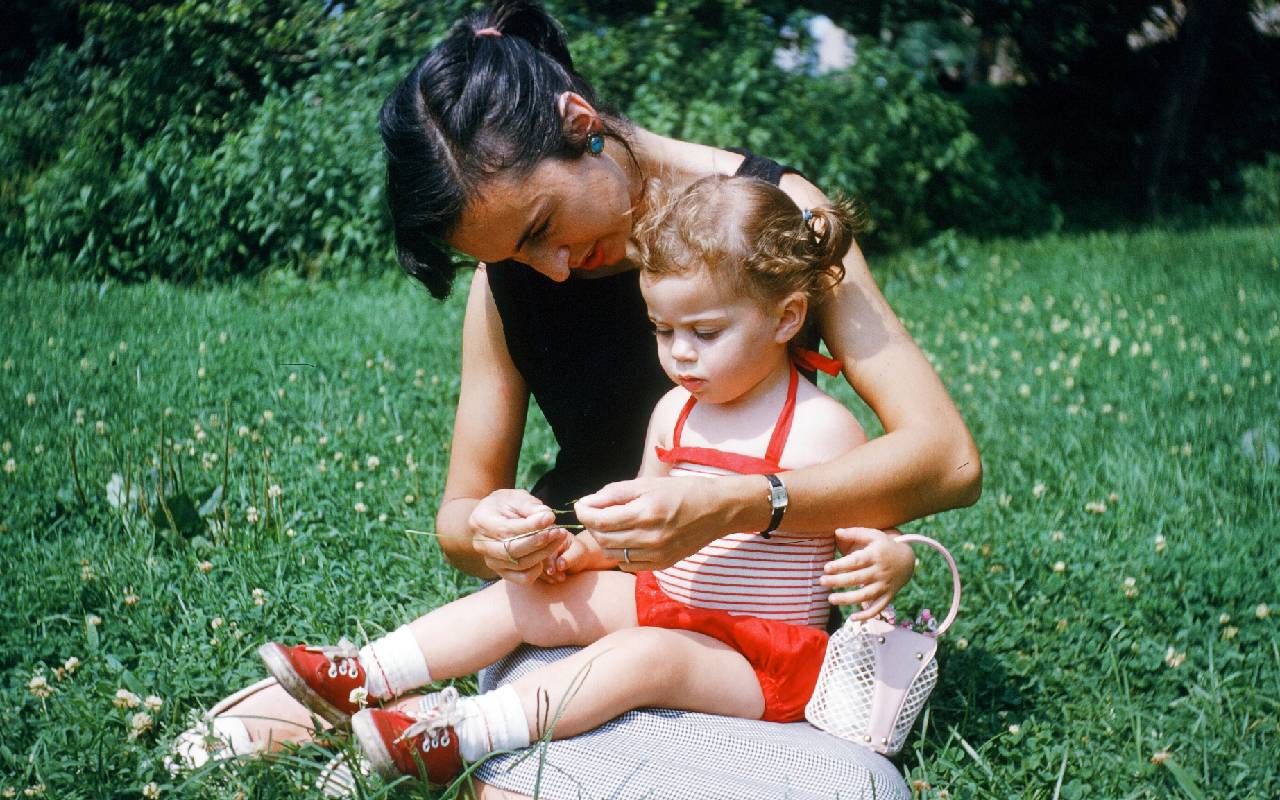
She is sitting up in bed. Though nobody looks their best in a hospital gown, she doesn't give the appearance of being ill.
Her eyes regard me darkly. Lately, it seems that she is always angry about something. Now what?
"The letters," she says, in an accusatory tone.
Mysterious Missing Love Letters
I have no idea what she's talking about. She might as well be the dying newspaper baron Charles Foster Kane muttering "Rosebud. . ." in Orson Welles' movie "Citizen Kane."
My mother, then 83, wasn't dying. Ordinarily, I would have been the one to get the call about her latest medical issue, since I lived near her in New York. Instead, this time she summoned my brother Paul. As he boarded the train in Washington, D.C., he phoned to ask, "Are you and Mom not speaking?"
"You don't want it to end like this."
His question signaled trouble.
Paul, who is at the hospital when I arrive the next day, observes our brief exchange, then motions for me to step outside. As we stand in the corridor, he explains her bizarre comment: For two years Mom has been telling people that I stole our father's love letters. To write a book about them.
Say what?
I didn't know there had even been any love letters. Until then, she hadn't mentioned them. And neither had anyone else. Why not?
"I refused to listen to her badmouth other people, and eventually she would just go on to another topic," Paul said.
A Family Fractures
I begin to shake. My impulse is to bolt. "You don't want it to end like this," Paul says, putting his hand on my arm. We return to my mother's room. Various doctors stop by. She is in good spirits until, in a private moment, I ask, "When were the letters written?" The glare returns to her face. "You know," is all she will say.
I do not pursue the subject. Except, that as Paul and I leave together, I plead not guilty. "I didn't take any letters," I say softly in my mother's ear, as I lean over to kiss her goodbye.
Though she lived six more years, until March 2023, we never communicated or saw each other again.
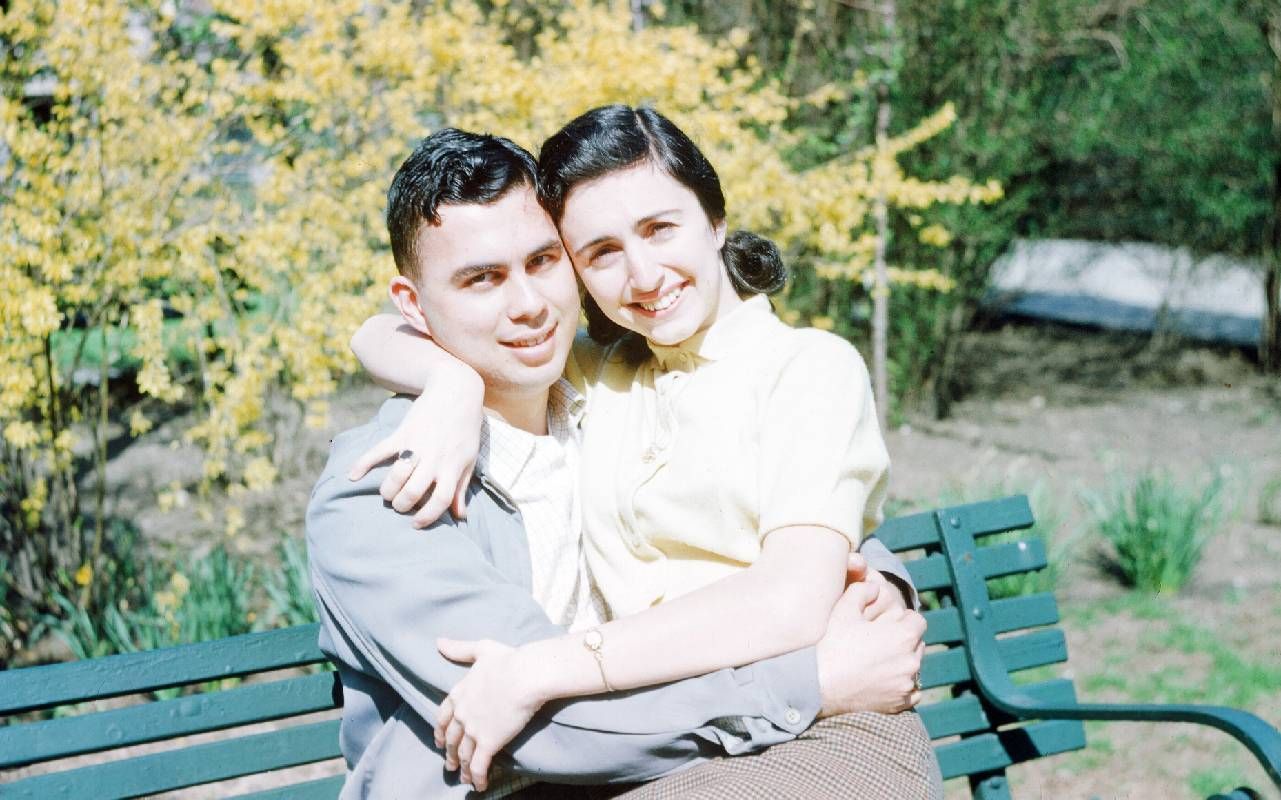
Meanwhile, she continued to spread her twisted story. It was so heinous that almost no one questioned it. My brother Daniel told me that my mother's closest friend had encouraged her to disown me.
Before we had even buried our mother, I learned that she had rearranged millions of dollars' worth of individual retirement accounts so that I would not get a dime of it. This was the most valuable part of her estate.
A Private Service, to Avoid Gossips
Though I'd had an inkling this might happen, the reality was shattering. For two decades, I had written about estate planning — the process of deciding whom a benefactor wants to inherit their money and property after they die. My reporting showed how unequal inheritances can tear families apart. I just wasn't prepared to experience it in my own.
The funeral service was private because I refused to face however many people had heard her falsehood. I stood silent, pulling my coat around me like a cocoon, while others delivered eulogies beside her grave.
My son Jack, then 25, spoke beautifully about his grandmother. They had been close, and I was proud to have fostered that tie. But the daughter in me could not stop thinking, "What kind of mother would do that?"
When I was growing up, I wanted so much to be like her. I played dress-up in her shoes, tried on her jewelry, pretended to nurse my doll as my mother fed Paul, my youngest brother. When my parents had what's now called "date night," I would make my mother promise to kiss me when they came home, even if it would wake me.
Shamed for Entering Puberty
In those days, she was never there when I needed her. Always late to pick me up at school. Didn't protect me from neighborhood bullies. Took off with my father on a two-week overseas vacation just days before I started first grade.
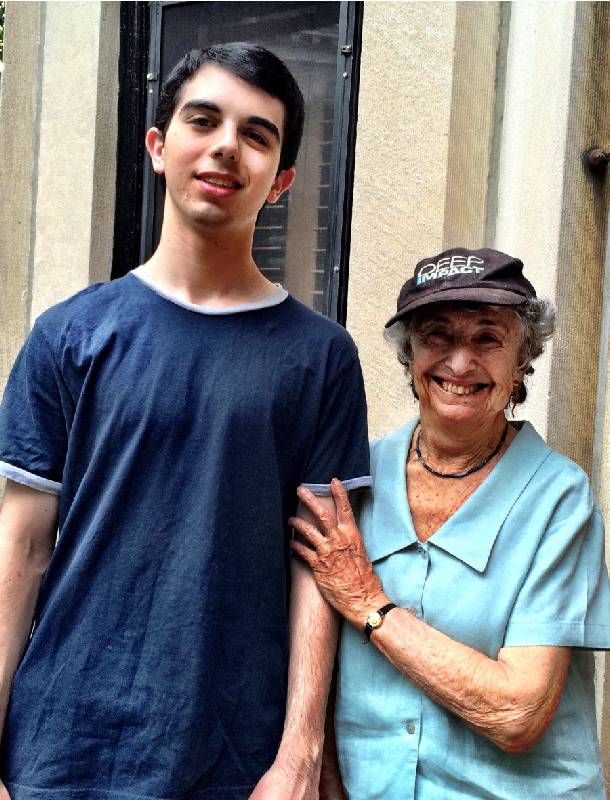
When I approached adolescence, her reaction to my changing body was to shame me. "Your beautiful forehead is covered with little pimples," she said one day when I was 10. When I first asked for a bra, she laughed and told me "You have nothing to put in it."
I deluded myself into thinking that we might grow closer after my father died, in 1997, following a brief bout with cancer. My husband Ken and I, new parents ourselves, saw my mother often and responded to every emergency. While she never missed an opportunity to berate us, we tried to be empathetic. Widowed at age 64, she was the first in her social circle to lose a husband.
"I just want you to be happy," I cried in a moment of frustration toward the end of a 10-day vacation with her.
"I will never be happy again," my mother snapped back. Only later did I recognize her behavior as prolonged grief disorder. Symptoms include intense anger and bitterness about the death, and a feeling that life is meaningless.
A Bitter Widowhood
The night my father died, my mother had told me, "I am the only one he was able to show love to." I will never forget her standing in her kitchen, in her nightshirt, her eyes red-rimmed, making that pronouncement. As if I hadn't just lost my father.
Once we became estranged, I flashed back to that scene and connected the dots: She saw me as a rival for his affection. Accusing me of stealing his love letters was just another expression of her ire.
"I am the only one he was able to show love to."
When Paul and Jack offered to help her find the letters, she refused, showing them a drawer where, she insisted, they had been. She told my son, "All I want is for your mother to apologize."
At least 10 years before she died, my mother started exhibiting signs of dementia — trouble concentrating, memory problems and increased mistrust of people who meant her no harm. Yet she owned two homes, continued to drive herself back and forth between them and lived independently. Which goes to show that a person can be relatively functional and yet falsely accuse her daughter of stealing some long-lost love letters.
Casually Erasing a Child
Perhaps this was a symptom of her sickness. But at the time she still had the wherewithal to cause severe emotional pain.
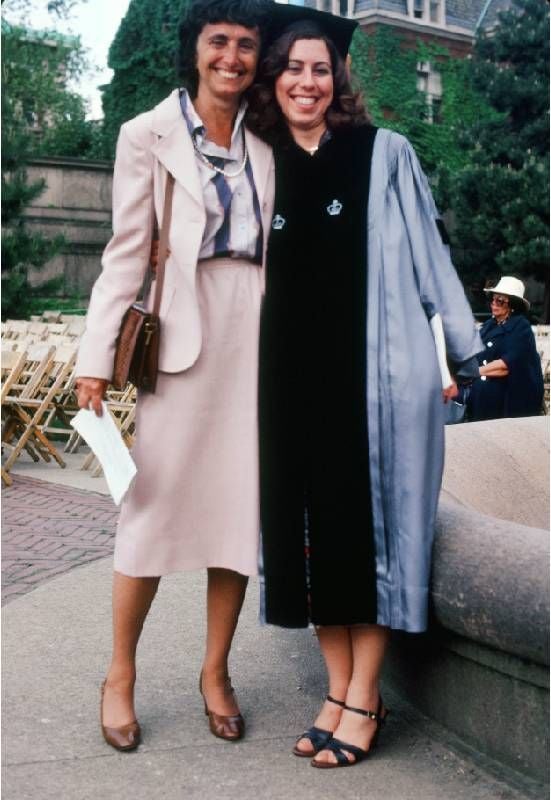
With two strokes of a pen on a yellow legal pad, my mother removed all references to me on a handwritten list of her retirement accounts, most of which she had inherited from my father. In tiny numerals she noted the date. It was just a few weeks after my hospital visit.
Contrary to popular misconception, money in retirement accounts will not normally be covered by a will. Instead, the funds go to inheritors according to beneficiary designation forms that you fill out when you open the account or later amend. These forms notify the bank or financial institution about who will inherit the account.
So, following up on her handwritten notes, my mother could disinherit me from those accounts by just changing the paperwork at J.P. Morgan Chase and TIAA. She didn't need to involve a lawyer or financial adviser who might ask, "Are you sure you want to do that to your daughter?"
When we use the term "dementia," we don't pay enough attention to the stage she was in when she changed the beneficiaries of those retirement accounts. It happened sometime between the initial cognitive decline and incapacity. The latter is a mental state in which people don't know who their family members are, what assets they have or what they want to do with them. Once someone becomes incapacitated, it is generally too late to legally make changes in estate planning documents.
Choosing Up Sides
Before then, as a person's mental faculties deteriorate, it can become harder to manage the situation. We hear about older people embarking on spending sprees, getting swindled by scam artists or being victims of physical abuse. We make allowances for their sometimes inappropriate, insulting remarks. Meanwhile there's the potential for them to dispense serious economic and psychological harm on their adult children.
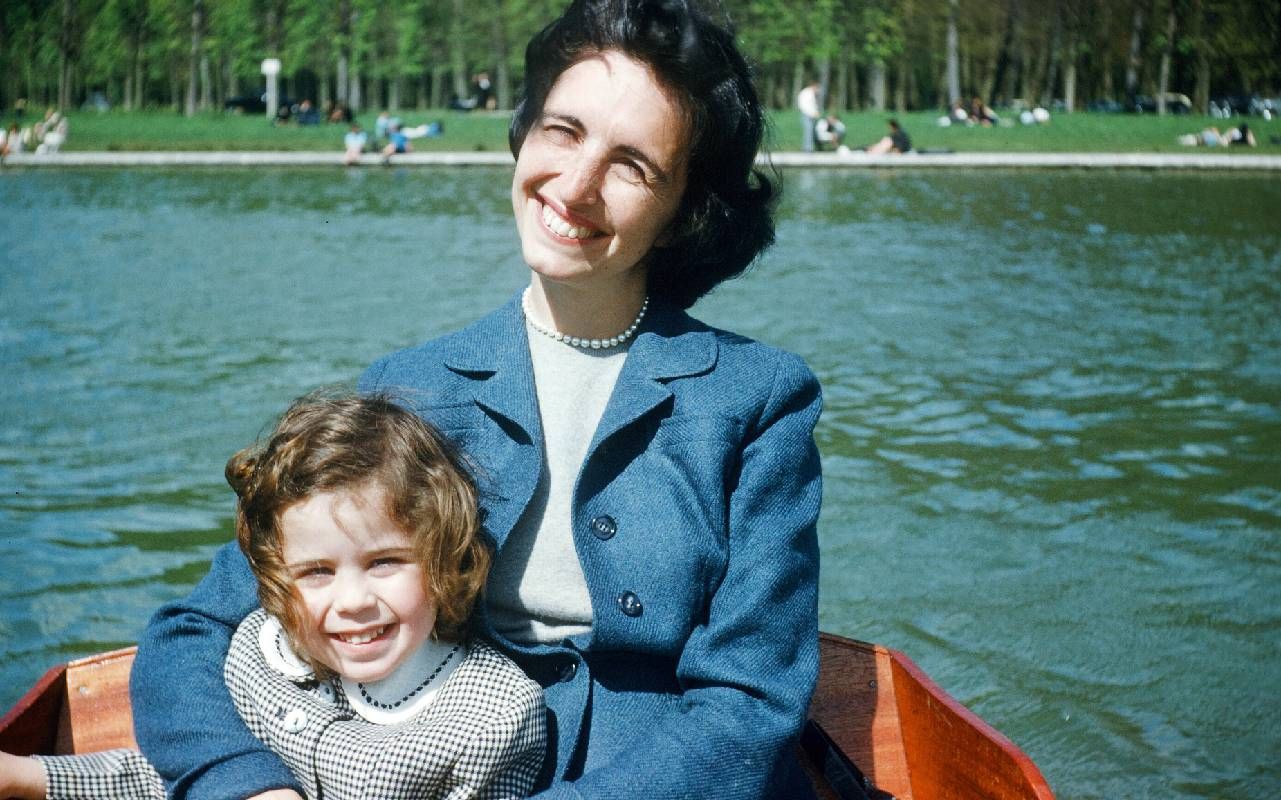
Long after my financial fate was sealed (though still unbeknownst to me), our estrangement hung over me like a cloud. Ill-informed meddlers assumed I was responsible for our rift. In conversations with family and friends, I tried to defend myself. I also read voraciously about the subject. Most of the literature, like the social construct, favors forgiveness and reconciliation.
"Your refusal to reconcile will lead to overwhelming guilt after she passes," an uncle warned as my mother was ailing. I ignored his message, sent via Facebook. By then I had decided that I didn't owe him — or anyone else — an explanation.
"Your refusal to reconcile will lead to overwhelming guilt after she passes."
The initial phase after my mother's death was isolating in another way. Jack, who lives with us, was experiencing grief for the first time, and I wanted to help him through it. Initially, I shared the news of my mother's passing only with my closest friends.
I was in France three months later, when I received an e-mail from Paul with the subject line "Do not cry." Beneath it was a photo of sample letters. He had found them in the back of her hall closet. "There is no way those letters were ever in that drawer," he wrote. For all those years that she accused me of having stolen the love letters, she'd been within inches of them every time she reached for a coat.
Dealing With the Truth
Though I have been vindicated, the story doesn't end there. I can't recoup the monetary loss. To heal the emotional pain, I created a new role for myself, as archivist.
My mother's closets contained hundreds of letters (besides the ones I allegedly stole), documents and photographs, going back more than a century. Every day, for several months, I sorted, scanned and filed these materials, while logging my impressions and memories. Traveling back through time, I got a close-up view of the family dynamics, and a better understanding of our mother-daughter relationship.
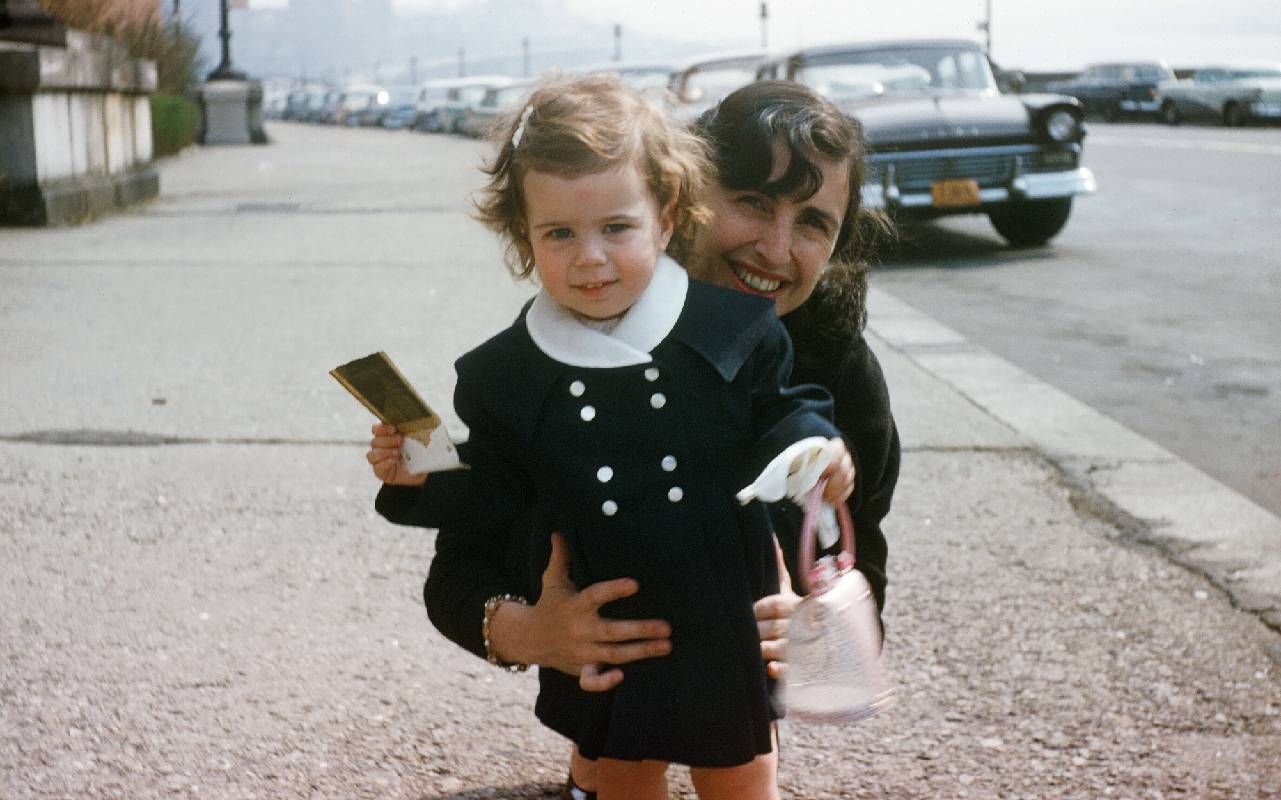
The greatest insights came from a cache of letters that my mother sent my paternal grandmother during my early childhood, when our family lived in post-war Germany. Though I have vivid memories of those two years, while my father was in the U.S. Army, the letters reveal details that so far had resided only in my subconscious.
It turned out that my parents abandoned me again and again. Their preferred way to travel was "without kinder," as they called it, leaving me behind, at age three or four, with my younger brothers and a German babysitter who spoke no English. One time they departed for five days, just as I came down with the mumps.
On other occasions, when they brought us along, they pulled into unfamiliar destinations and hired chambermaid babysitters — again who did not speak our language — for the day, for the evening, or both.
As a young adult, I'd been plagued by fear of abandonment in romantic relationships. Until I read those letters, I didn't fully understand why.
"Eight years of psychoanalysis had saved my life."
Eight years of psychoanalysis had saved my life, and enabled me to have a happy, 32-year marriage. "How could you marry a man so unlike your father?" my mother asked shortly after the wedding.
Reading all the letters has made me reflect on other ways that we made different life choices. My mother missed the pleasures of an equal partnership with her mate and a satisfying career. For her, motherhood was a burden and a strain on the marriage. In old photos of us together, she seemed to be mugging for the camera; I was just a prop.
I was 16 years older than my mother had been, when Jack was born. In raising him, I tried to be completely the opposite of her. My role models were mothers of two friends and my first boss, all of whom were at our wedding.
Fueled by Dementia but not Caused by It
Surely my mother noticed that, once I stopped being the little girl who idolized Mommy, I veered away from the example she set. In so many ways she exacted her revenge, even from the grave.
What she did late in life was perverse, fueled by dementia but not entirely caused by it. Age removed the filters on her behavior, leaving no restraint on her rage. The story she devised won her sympathizers, but I'm not sure she believed it herself.
Compared with these revelations, the love letters were downright dull. They were written during the two summers when my parents worked at different sleepaway camps, and while my mother missed several months of college due to illness. Like the mysterious Rosebud in "Citizen Kane," they symbolize lost love and simpler times. It's too bad my mother didn't look harder for those letters, because she might have enjoyed reading them more than I did.

